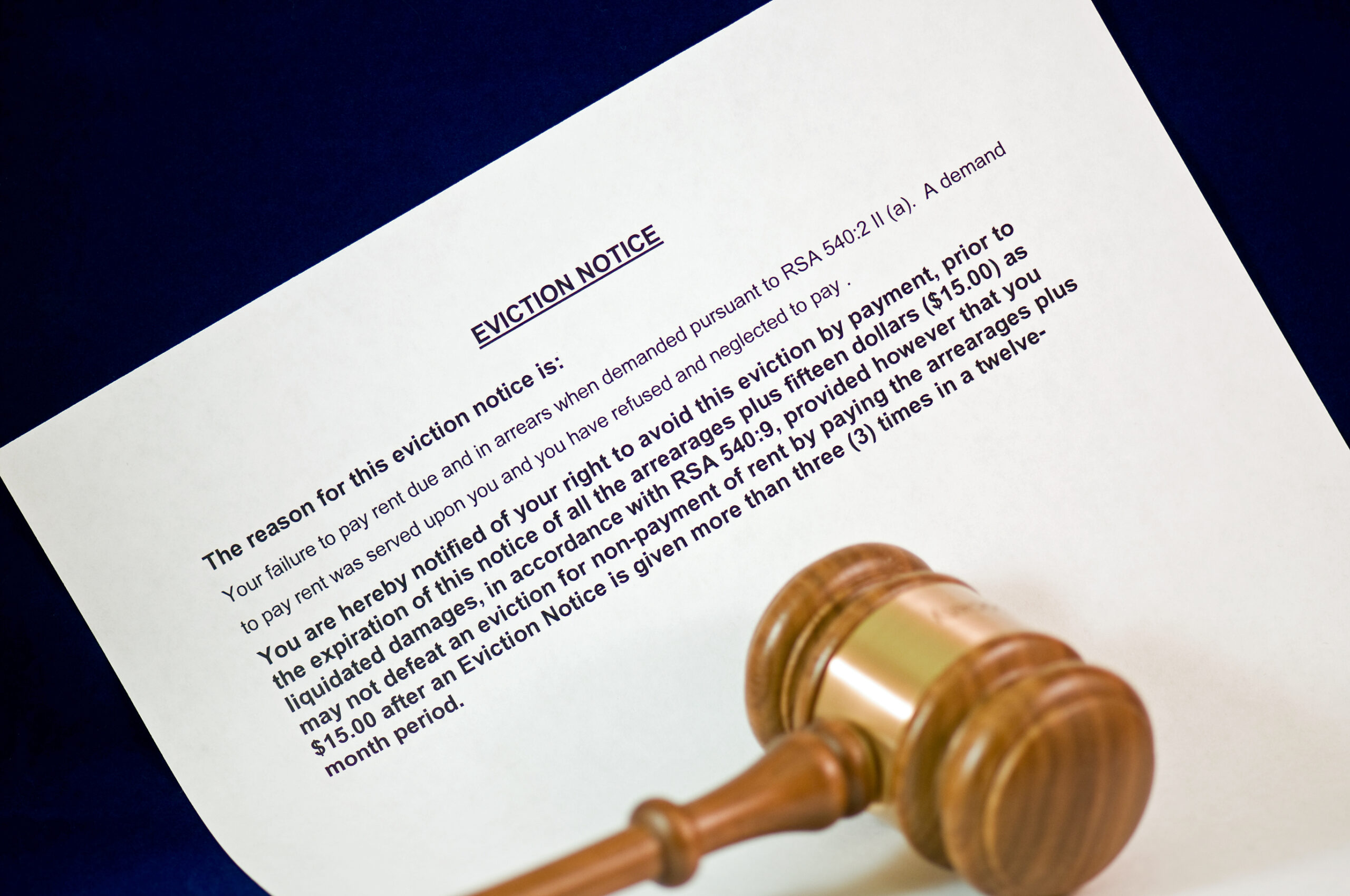TRENTON, NJ — The New Jersey Assembly Appropriations Committee has approved a substitute bill combining Assembly Bill Nos. 3282 and 4964, which revises the state’s Homelessness Prevention Program and establishes a new $75 eviction filing fee for certain landlords. The bill aims to bolster eviction prevention services and expand access to housing assistance statewide.
Under the proposed legislation, the Homelessness Prevention Program, originally created by the “Prevention of Homelessness Act of 1984,” will be updated and codified, including eligibility changes, loan provisions for homeowners, and funding distribution rules intended to ensure regional equity. The Department of Community Affairs (DCA) will administer the revised program.
To qualify for assistance, applicants must be New Jersey residents and either currently homeless or at imminent risk of homelessness due to eviction or foreclosure related to an inability to pay rent or mortgage. For homeowners, assistance stemming from mortgage or property tax arrears will be issued as a loan secured by a recorded mortgage, capped at 600 percent of the applicable monthly “payment standard” based on family size.
Eviction filing fee to fund prevention services
Sections 4 and 5 of the bill establish a $75 filing fee for landlords seeking eviction who own more than three rental units, or more than four units if the property is owner-occupied. This fee will be collected in addition to existing court filing fees, despite statutory caps that previously limited such fees to $50.
Revenue from the fee will fund eviction prevention services through the DCA’s Office of Eviction Prevention. These services include resource navigators under the Rental Assistance Navigation Program—made permanent under the bill—as well as homelessness prevention, relocation and rehousing support, legal connections, and social services assistance.
The bill explicitly prohibits landlords from passing this new fee on to tenants or classifying it as “additional rent,” regardless of eviction outcomes.
Priority access and regional equity requirements
If demand for aid exceeds available program funds, priority must be given to the most vulnerable applicants. The bill also mandates that funds be distributed to ensure equitable access to assistance across all regions of the state. It grants the DCA authority to set applicant prioritization standards but requires the department to incorporate priority criteria outlined in the legislation.
Additional amendments clarify that assistance cannot be provided if applicants meet certain exclusionary criteria and that the bill does not apply retroactively. The bill also adds an alternate title to the original 1984 act.
Fiscal impact tied to new fee and expanded services
According to the Office of Legislative Services, the bill is expected to result in indeterminate increases in both state expenditures and revenues. The $75 eviction filing fee is projected to generate new income for the state, which the DCA would use exclusively for eviction prevention and related support services. However, the exact fiscal impact will depend on the volume of qualifying eviction filings and service costs.
The bill is set to take effect on the first day of the fourth month following enactment, though the Commissioner of Community Affairs is authorized to take preparatory actions in advance.
